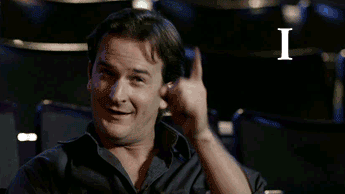B
Bradski
Guest
No I do agree. I could well imagine myself helping him iterally cutting and pasting the parts of the bible that he thought were worthy. Like me, he did not believe in the divinity of Jesus, but thought that a lot of what was reported as being said by Him was morally sound.And what “degree” is that? Thomas Jefferson thought that Christian morality was the best suited to “civilized society,” but I doubt you agree,
“Among the sayings and discourses imputed to him by his biographers, I find many passages of fine imagination, correct morality, and of the most lovely benevolence; and others again of so much ignorance, so much absurdity, so much untruth, charlatanism, and imposture, as to pronounce it impossible that such contradictions should have proceeded from the same being.”


